The Food and Beverage industry continues to seek dynamic new ways to innovate, maximize profits and build market share within a highly competitive landscape. Pandemic-related supply chain challenges, health risks, and stay-at-home orders disrupted the industry and laid bare both its critical role in our highly interconnected world and the fluidity of consumer-driven demands.
At Kepner-Tregoe, we help companies and associations in the food and beverage industry to maintain efficient operations despite disruption and change. We help organizations meet regulatory challenges, pursue new product development, improve operations, and smoothly integrate acquisitions. Our structured, analytic approaches to problem solving, decision making, risk management, and opportunity development, have helped organizations build successful continuous improvement initiatives, enter and expand new markets, and significantly increase profit margins. KT is the “way work gets done” in many organizations.
The value of our critical thinking processes is initially introduced in production facilities and then becomes the way work is conceptualized and done throughout the organization from new product development to supply chain management to human resource management, all the way up to the executive suite. In an increasingly digitized landscape, our processes bring a laser focus to resolving issues by helping individuals and teams to identify and use the right data, accelerate issue resolution, and prevent a crisis. Ultimately intuitive critical thinking skill development helps to build confidence in decision making and reduce risk.
To learn more about Kepner-Tregoe consulting and training for the Food and Beverage industry, contact Kepner-Tregoe.






